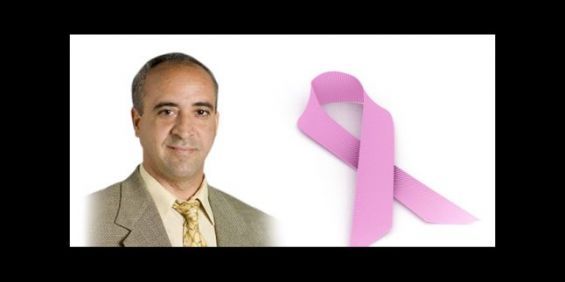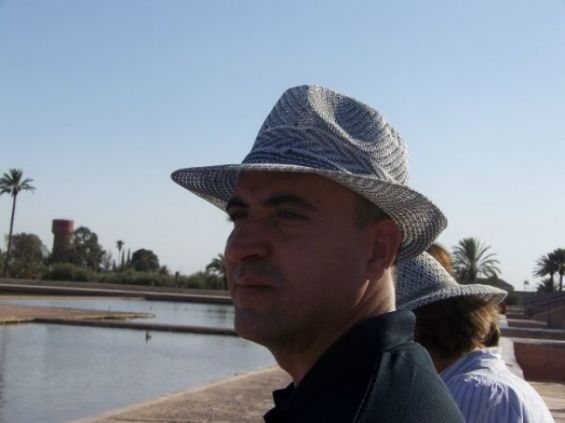Khalid Sossey-Alaoui is almost unknown to the Moroccan reader. The Casablanca-native oncologist is leading a team of researchers at the Cleveland Clinic (State of Ohio, USA) working on a scientific project intending to fight against breast cancer.
«I mainly work in the field of research. I am trying to find a cure for the triple negative breast cancer. We already have a provisional patent for the treatement of this kind of cancer», said Khalid Sossey-Alaoui who currently lives in Cleveland.
«Triple negative breast cancer» is called so as it lacks estrogen, progesterone and the HER-2/neu gene, said the Canadian Cancer Society. It represents 10 to 20% of all the invasive cancers out there, yet it is responsible for most of the breast cancer-related deaths. This type of breast cancer is currently treated only through chemotherapy and radiation because it does not respond to targeted drugs that attack estrogen, progesterone and HER2 receptors, said the same source.
Gene cloning
«For now, there is no treatment for this type of cancer. Chemotherapy is the only way to treat it. It usually comes back after two, or three years. It is a very aggressive cancer that causes a multiplication of metastasis,» confirms Khalid Sossey-Alaoui. The work of the oncologist started in 2002 and it focuses precisely on this issue : why is «triple negative» breast cancer so aggressive?
Long before starting to work on metastasis, Khalid Sossey-Alaoui studied another subject : plant genetics. Born in Casablanca in 1967, he joined Hassan II Faculty of Science, where he earned a degree in biology. «I was lucky : I was one of three students in my class who were able to get a scholarship to go to France,» he says.

In 1990, he moved to Dijon where he started working on his thesis on the genetics of petunias, then he studied a Phd devoted to «sunflower diversity». In 1995, he returned to Morocco but did not stay for a long period, as he was already dreaming of moving to the US. Four months after his return, he flew to Clemson, South Carolina. Four years later, the Moroccan scientist settled down in Cleveland, «where I debuted my career». There are eight months left, «the time to clone the WAVE3 gene, which I have been working on since 2000 to develop a treatment for breast cancer.»
Attacking the tumor without damaging the tissues
Khalid Sossey-Alaoui then moved to Buffalo, New York, where he worked for eight years at the Roswell Park Cancer Institute. The facility, founded in 1898, was dedicated to cancer treatment and research in the United States. It is the only facility in New York City to have the title of «Comprehensive Cancer Treatment Center». The Roswell Park Cancer Institute also develops new drugs and offers advanced treatments for all forms of cancer. «We use nanoparticles, microscopic particles that can attack the tumor without damaging the tissues», he said.
According to recent statistics, one out of eight women is likely to be diagnosed with breast cancer, he said. «Raising awareness among women is very important. When the tumor begins to grow, it sends cancer cells into the body, some of which can remain in a latent state. An early diagnosis can make a huge difference».
Khalid Sossey-Alaoui is particularly interested in the work of the Lalla Salma Foundation for the Fight Against Cancer. «I would like to return to Morocco and share my experience,» he says. Khalid Sossey-Alaoui is expected to visit Morocco this summer to see «family and friends», however he might consider coming back one day.





 chargement...
chargement...













